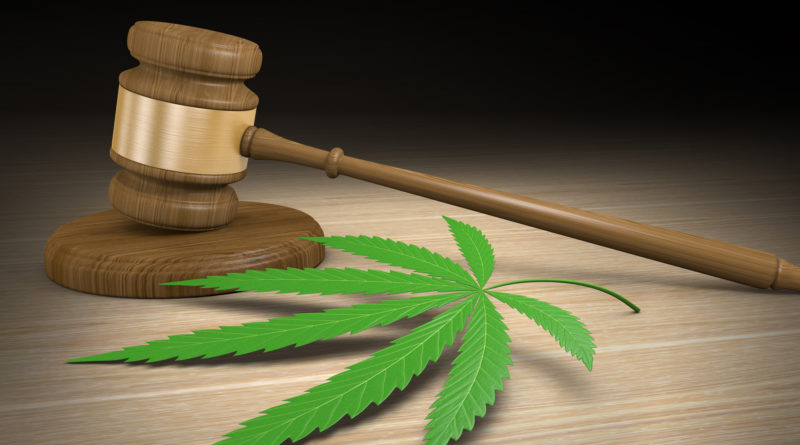Cannabis Is Now Legal in Illinois. What’s Next?
3,710 total views, 1 views today
Although cannabis legalization has been a hotly debated topic for much of the past decade, when Illinois legalized the purchase and possession of adult-use cannabis late last month, it became only the 11th U.S. state to do so. Illinois is unique in that it’s the first state to approve legalization and create a system for sales through legislation (Vermont did so last year, but their legislation does not create a system for cultivating and dispensing cannabis.) Illinois’ legalization could go on to shape similar efforts in other states, as cannabis experts have universally acclaimed the specific terms of the state’s new laws.
The bill that Democratic governor J.B. Pritzker signed permits anyone 21 years and older to buy and possess small quantities of cannabis for recreational use. It caps the amount of marijuana for which people can’t be prosecuted at 30 grams of cannabis; for cannabis concentrate, the maximum is merely five grams, and for cannabis-infused products, the maximum is 500 milligrams. Additionally, nonresidents visiting Illinois will only be able to purchase half these maximum amounts.
Illinois’ law also takes a major step for which social justice-minded cannabis legalization advocates have long pursued: it automatically pardons anyone convicted of nonviolent offenses involving marijuana purchase and possession, provided the convictions involved amounts below the new quantity caps. This measure has resulted in Illinois erasing 777,000 marijuana-related convictions, an amount equal to just over six percent of the state’s population. The bill further allows convicts and attorneys to petition for pardons in cases involving possession of at most 500 grams.
In addition to freeing six percent of the state’s population from criminal charges, Illinois’ cannabis legalization bill establishes a social equity program that assists those with marijuana-related convictions in acquiring licenses to participate in the cannabis industry. The state has additionally allocated $12 million for funding marijuana-related startup businesses and cannabis job training courses. In other words, Illinois hasn’t merely legalized marijuana use — it’s paved roads toward setting up a thriving cannabis industry within the state.
Illinois’ bill doesn’t just make a mostly harmless substance legal. It also guarantees social and economic justice for marginalized communities that have been disproportionately affected by the War on Drugs. Such reparations aren’t a mere consequence of the bill — they’re part of its very design. As Illinois State Representative Kelly Cassidy, who helped to spearhead the bill, told a local publication, the bill is designed with the hallmarks of restoration, reinvestment, and inclusion for marginalized communities. Under Cassidy’s guidance, Illinois has established routes towards employing and giving back to these communities. She and the other legislators who designed the bill intend to involve these communities in an industry that has not only jailed them but systematically prevented their employment.
Illinois’ bill has taken on such a progressive shape because it folds in constituent opinions and needs. As the bill came together, Cassidy and State Senator Heather Steans held several town halls across the state. At these events, Cassidy and Steans actively listened to and addressed citizen concerns on how legalization could offer reparations and jobs. Cassidy and Steans addressed these concerns in their final bill, and in doing so, they removed nearly 800,000 people from prison and established an industry that could go on to value $2 billion. In following the Cassidy, Steans, and Pritzker model, other states may be able to offer their citizens jobs, bolster their economies, and provide justice to those in jail for charges involving a now-legal substance.

